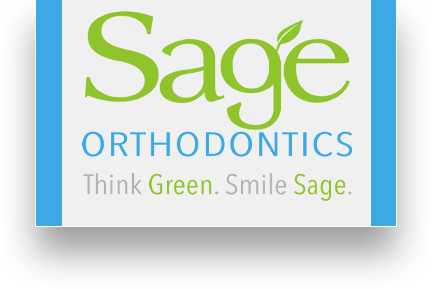Orthodontist in Portage MI
 Braces are a safe and effective way to straighten misaligned teeth at any age. Orthodontic treatment can have a positive impact on every aspect of your oral health. However, there are possible complications that can occur during treatment. Gum irritation is one of the most common issues faced by wearers of braces. If your gums are red, sore, or swollen, it is important to determine the root cause and appropriate solution as soon as possible.
Braces are a safe and effective way to straighten misaligned teeth at any age. Orthodontic treatment can have a positive impact on every aspect of your oral health. However, there are possible complications that can occur during treatment. Gum irritation is one of the most common issues faced by wearers of braces. If your gums are red, sore, or swollen, it is important to determine the root cause and appropriate solution as soon as possible.
Cleaning your teeth thoroughly can be challenging with braces. However, plaque build-up can cause gingivitis over time, leading to red, swollen, bleeding gums. Hormone changes can speed the progress of gum disease in children and teens, as well. When this occurs, teeth and gums can be even more difficult to keep clean, which can further escalate the issue.
In some cases, your gums may be sensitive to the presence of the braces themselves. Hyperplasia or hypertrophy can cause gums to grow larger in reaction to the metal brackets and wires. When this happens, gums will most often return to normal once orthodontic treatment has been completed and your braces are removed.
The pressure of chewing firm foods may also cause gums to become more irritated and painful. Avoid hard and crunchy foods, such as raw vegetables and certain fruits and snacks. Habits such as chewing a pen, biting nails or lip, or pressing your tongue against your teeth can all add to your discomfort, as well.
To counter the effects of swollen, inflamed gums, try these basic tips:
- Use an electric toothbrush with an orthodontic head for more thorough cleaning.
- Try a water flosser to remove debris and bacteria between teeth.
- Floss threader and interproximal brushes can clean under and around wires more effectively than a toothbrush.
- Ask if a mouthwash containing antimicrobial agent may be useful.
- Rinse your mouth with warm water containing a pinch of salt to soothe inflammation.
- Avoid alcohol and tobacco, which increase irritation.
If gum irritation remains, contact our office for a consultation. We will check to see whether there may be another cause for your inflammation and will advise you on the next steps.

